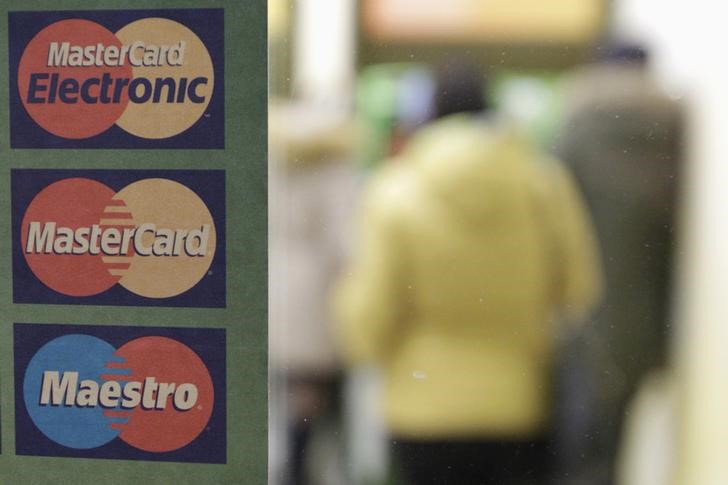Quiver Quantitative - In a landmark agreement, Visa (NYSE:V) (V) and Mastercard (NYSE:MA) (MA) have reached a $30 billion settlement with U.S. retailers, marking one of the most significant antitrust resolutions in history. The settlement, still pending court approval, proposes to cap credit-card swipe fees, also known as interchange fees, that merchants pay for card transactions. Additionally, the deal will permit retailers to impose surcharges for payments made with Visa or Mastercard credit cards and encourage customers towards using less expensive cards through various pricing strategies. This decision follows an extensive legal battle tracing back to 2005, highlighting the escalating contention between merchants and card networks over interchange fees.
The interchange fees, crucial for card-issuing banks' profits, have been a contentious issue in the retail industry, with fees typically around 2% per transaction. Banks like JPMorgan Chase (NYSE:JPM) (JPM), Bank of America (NYSE:BAC) (BAC), and Citigroup (C), major issuers of Visa and Mastercard cards, might see a significant impact on their revenues due to these changes. JPMorgan, for instance, generated substantial interchange and merchant processing income last year, which will likely be affected by the settlement's terms. The announcement led to a slight increase in the stock prices of JPMorgan, Bank of America, Citigroup, Visa, and Mastercard in New York trading.
Market Overview: -The credit card processing industry, dominated by Visa and Mastercard has faced ongoing legal challenges from US retailers regarding swipe fees (interchange fees). -These fees are a major revenue source for banks that issue Visa/Mastercard cards, including JPMorgan, Bank of America, and Citigroup.
Key Points: -Settlement Reached: A record $30 billion settlement caps swipe fees for US merchants. -Retailer Benefits: -Reduced swipe fees translate to significant cost savings over five years. -Increased flexibility in handling card payments: -Ability to surcharge for premium credit cards. -Implement pricing tactics to steer customers towards lower-fee cards. -Offer discounts for using cards from specific banks. -Potential Bank Impact: Banks issuing Visa/Mastercard cards may see a decrease in revenue due to lower swipe fees.
Looking Ahead: -This settlement surpasses the previous record $6 billion class-action settlement from 2019. -The agreement could potentially alter the landscape of consumer credit card rewards programs as card usage patterns might shift. -Retailers are pushing for further reforms, particularly regarding the "honor all cards" rule.
Under the terms of the settlement, Visa and Mastercard will reduce swipe fees by at least 4 basis points for a minimum of three years. Furthermore, the average systemwide swipe fee for both networks must remain at least 7 basis points below current averages for five years. Retailers can now pass the cost of accepting different credit cards onto consumers, potentially leading to varied charges depending on the card's interchange fee. This settlement addresses the long-standing 'honor all cards' rule, allowing merchants more discretion in accepting various card types and potentially easing the upward pressure on interchange fees.
The settlement is a significant development in the ongoing friction between card networks and retailers over transaction fees and business practices. It follows a previous $6 billion settlement Visa and Mastercard made with merchants, which, while historically large, did not fully address concerns regarding interchange fees. This new agreement promises substantial concessions, including business flexibility and value for merchants while maintaining the essential features of card networks like security and innovation.
This article was originally published on Quiver Quantitative
